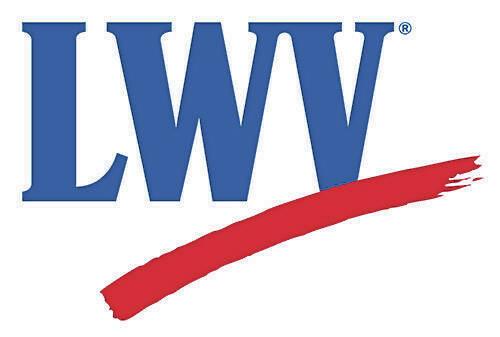One of several provisions in HEA 1447 requires schools to establish a procedure that allows Indiana residents to request the removal of obscene or harmful to minors materials from school libraries.
After HEA 1447 was passed in May, we saw scores of media articles about how this law could impact Indiana public and charter schools. Several news reports stated that schools might remove all potentially controversial books because of the possibility of being charged with a level 6 felony and facing up to two and a half years of jail time.
In 2022, The American Library Association received the highest number of book challenges since they began collecting data in 1990. PEN America, a nonprofit organization that works to defend and celebrate free expression, reported that more than 1,600 book titles have been banned from school classrooms or libraries during the past year. Since January 2021, 40 states have introduced 174 education-focused legislative bills that target content.
Books that are most likely to be challenged contain graphic violence or offensive language. They discuss race, gender identity, sexuality, non-traditional families, systemic racism, or portray some challenges, burdens, and struggles that people in diverse communities encounter.
The reasons for book challenges are complex. The challenges may be part of a broader political and cultural struggle over who belongs, and what values should prevail in American society. The United States is becoming more racially diverse, and marginalized groups are demanding recognition, equal rights and equal representation. People often find it hard to understand and accept these changes. Some may feel threatened when faced with cultural differences related to their beliefs, values and practices; they may feel that their own culture is being lost. Book banning is one form of pushback against books that expand our knowledge of diversity and our vision of community.
Many questions surface when we contemplate requests to remove harmful materials from school libraries. Does the selection process include consideration of factual, inclusive and diverse history, and current social and civic issues? Who gets to decide what information should be available? Is the decision-making group diverse and inclusive?
The major question is, how do we create a safe space for people to have honest, enjoyable, productive conversations about the freedom to read and the complex process of selecting appropriate books? Professor of religious studies at Southern Methodist University, Jill DeTemple suggests, building trust instead of banning books. We must create a culture of respect and trust at meetings (including school board meetings) before decision-making starts. She asks us to ponder what we value about education, about selecting appropriate books, and about how we can support teachers, administrators, school boards, and librarians in the work that they do. She offers several suggestions for community and classroom conversations:
- Make clear agreements about listening to understand, and speaking to be understood, rather than only focusing on persuasion.
- Speak from personal experience.
- Make brief, one-point statements to allow time for everyone to speak.
- Encourage people to be curious and open-minded when they hear a variety of perspectives.
- Include time for people to recognize and voice their hopes, hesitations, concerns, feelings, values, beliefs, and experiences related to the topic.
- Agree to disagree.
- Work with individuals and organizations to create a coalition of allies to educate and discuss how to expand awareness of the needs of marginalized people.
We share many common values. Parents have a right to be partners in their children’s education. We want to protect our children’s mental health and well-being. We want to help our children make wise choices by understanding the problems they encounter daily.
Reading expands our perspective and can give voice to feelings that are often hard to understand or put into words. Books can be a springboard for complex, age-appropriate conversations. We can support teachers and schools by calling for inclusive learning and reliance on evidence-based decisions. These guiding principles are basic necessities for effective public dialogue about the choice of books and teaching materials.
The League of Women Voters’ mission is to empower voters and defend democracy. All League-sponsored work is strictly nonpartisan. We are committed to diversity, equity and inclusion in all League activities. We provide facts and encourage people to be informed and actively participate in all levels of government.
LWV Johnson County member, Mary Kooi wrote this column. To learn more about LWVJC, visit lwvjcin.org. Send comments to [email protected].
Additional resources
2023 Banned Books Update: Banned in the USA (pen.org)
ALA Releases Preliminary Data on 2022 Book Bans | News and Press Center (ala.org)
Let’s Build Trust Instead of Banning Books (Opinion) (edweek.org)
The Topics That Lead Book Ban Requests, According to School Leaders (edweek.org)





